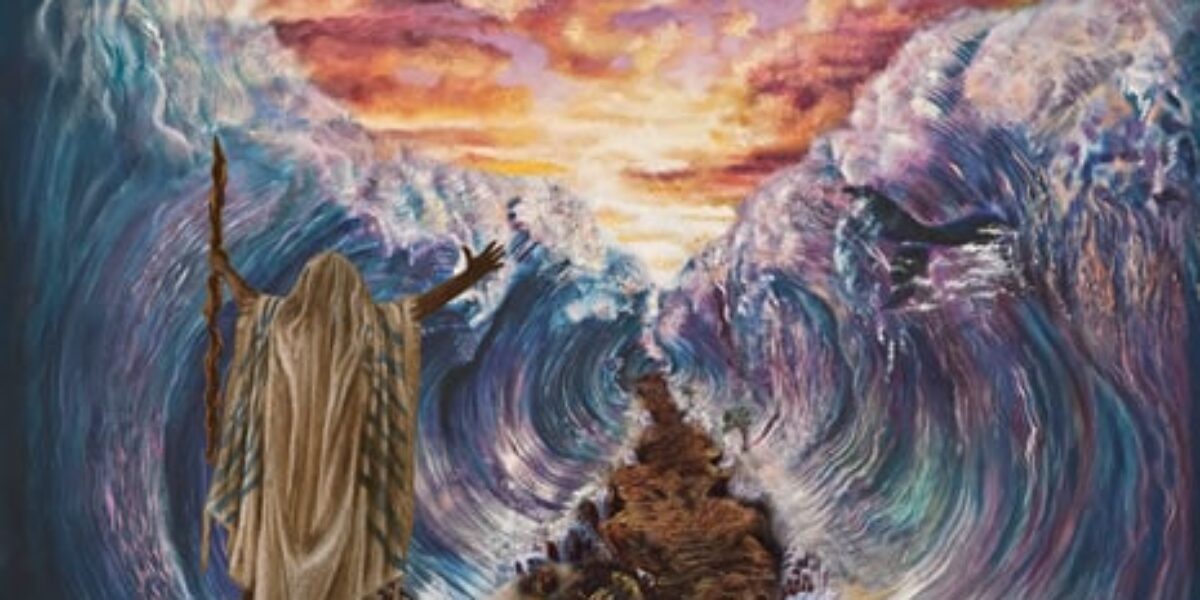Beshalach – Ex. 13:17-17:16 (Feb 7/8)
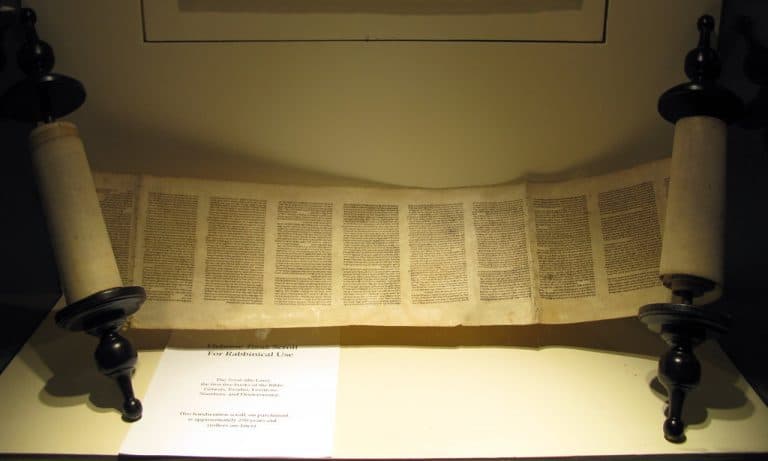
As the Torah Turns
Rabbi Lader’s Weekly D’var Torah
Beshalach – Ex. 13:17-17:16 (Feb 7/8)
This week’s Torah portion is Be’Shelach – Ex. 13:17-17:16. Rabbi Len Levin, Professor of Jewish Theology and Philosophy at the Academy for Jewish Religion (AJR), explored the inter-relationship between God and human action, relative to this week’s portion. “This week’s joyful song at the crossing of the Sea is ensconced in the daily liturgy, morning and evening: “Who is like You, O Lord, among the celestials; who is like You, majestic in holiness, awesome in splendor, working wonders!” (Exod. 15:11) [The blessings that surround the Shema] utter three ringing declarations about God: God creates, God reveals Torah in love, God redeems. [Perhaps a simple] understanding would have it that God is active and we are passive in these three actions. But a more sophisticated approach asks: Does God act unilaterally? Can anything happen in human history without human participation and cooperation? The longing for redemption is a major theme in Jewish historical experience. In Moses’s day, the people of Israel were enslaved and yearned for the liberation of the Exodus. In the time of the Judges—Deborah, Gideon, and Samson—the people were subjugated to neighboring powers and longed for independence. In the time of Ezekiel and Second Isaiah, they were in exile in Babylonia and longed for the first return. From the defeat of Bar Kokhba through the Crusades and pogroms, Jews longed for the second return to Zion, which came about after the tragedy of the Holocaust with the establishment of the State of Israel. Not only Jews have longed for redemption in history. In 1776, the colonists of America declared a new nation guaranteeing its citizens the rights of life, liberty, and the pursuit of happiness. In the nineteenth century, northern Abolitionists and southern black slaves united in invoking the narrative of the Exodus to inspire a new liberation and end to slavery. In the 1940’s those oppressed by Fascism throughout Europe united to liberate themselves from the newest, cruelest modern tyranny. The rabbis expressed the idea of human participation in redemption through a story. As the Israelites were arguing whether it was feasible to move forward in the face of the watery barrier before them, Nachshon took action and jumped into the sea. Whereupon Moses, at God’s command, took his rod and struck the sea, bringing about its division, and the Israelites walked through on dry land. (Mekhilta on Exodus 14.22)

… In the early twentieth century, traditional Jews and Zionists debated whether the redemption was supposed to come by divine action or human action. The Zionists had the better of the argument; without human action, there would be no State of Israel. But religious Zionists like Rabbi Abraham Kook, suggested that in the long view, maybe it is through our actions that God works in the world. Twice the Talmud says that humans are partners with God in the act of creation—when they perform justice, and when they inaugurate the Sabbath as a memorial of creation. (Talmud Shabbat 10a, Shabbat 119b). It would be equally true to say that for redemption to occur, humans must be partners with God in the work of redemption.” We stand at the shores of the sea together. Like Nachshon, let’s walk forward together, assisting God in the work of redemption. Albert Einstein captured the importance of community and justice as he wrote*: “Strange is our situation here upon earth. Each of us comes for a short visit, not knowing why, yet sometimes seeming to divine a purpose. From the standpoint of daily life, however,there is one thing we do know: That we are here for the sake of other men — above all for those upon whose smile and well-being our own happiness depends, for the countless unknown souls with whose fate we are connected by a bond of sympathy. Many times a day, I realize how much my outer and inner life is built upon the labors of people, both living and dead, and how earnestly I must exert myself in order to give in return as much as I have received and am still receiving.”
From Previous Weeks
Bo – Ex. 10:1-13:16 (Jan. 31/Feb.1)
As the Torah Turns Rabbi Lader’s Weekly D’var Torah Bo – Ex. 10:1-13:16 (Jan.31/Feb.1) This week’s Torah portion is Bo…
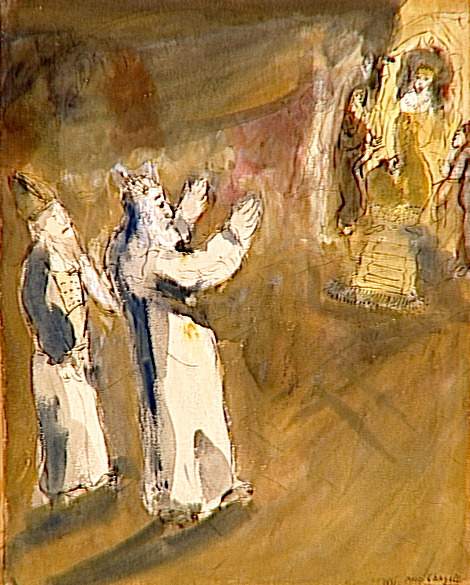
Va’era’ – Ex. 6:2-9:35 (Jan. 24/25)
“And I will harden Pharaoh’s heart, and multiply My signs and wonders in the land of Egypt.”
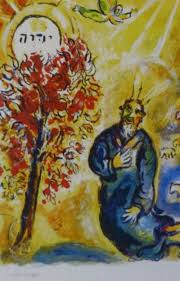
Shemot – Ex. 1:1-6:1 (Jan. 17/18)
“A new king arose who did not know Joseph…”
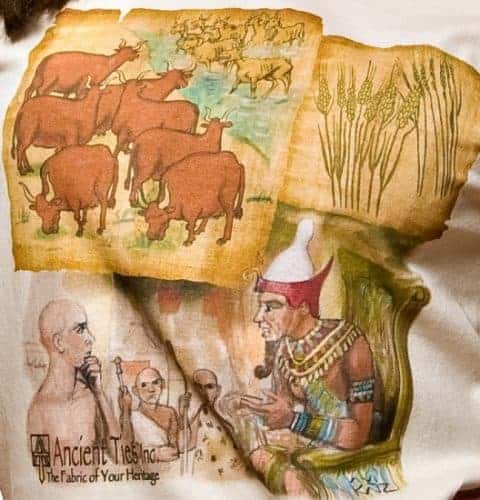
Mikketz – Gen. 41:1-44:17 (Dec. 27/28)
Joseph is called upon from the depths of his imprisonment, cleaned up, and brought to Pharaoh to interpret his dreams.

